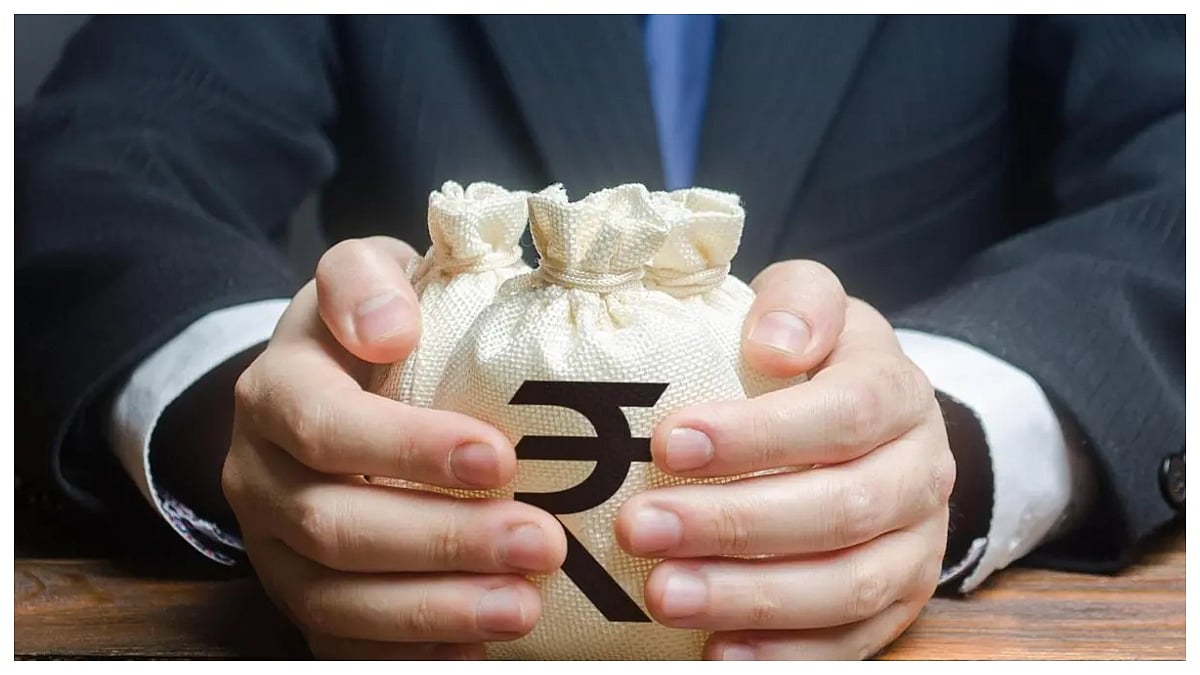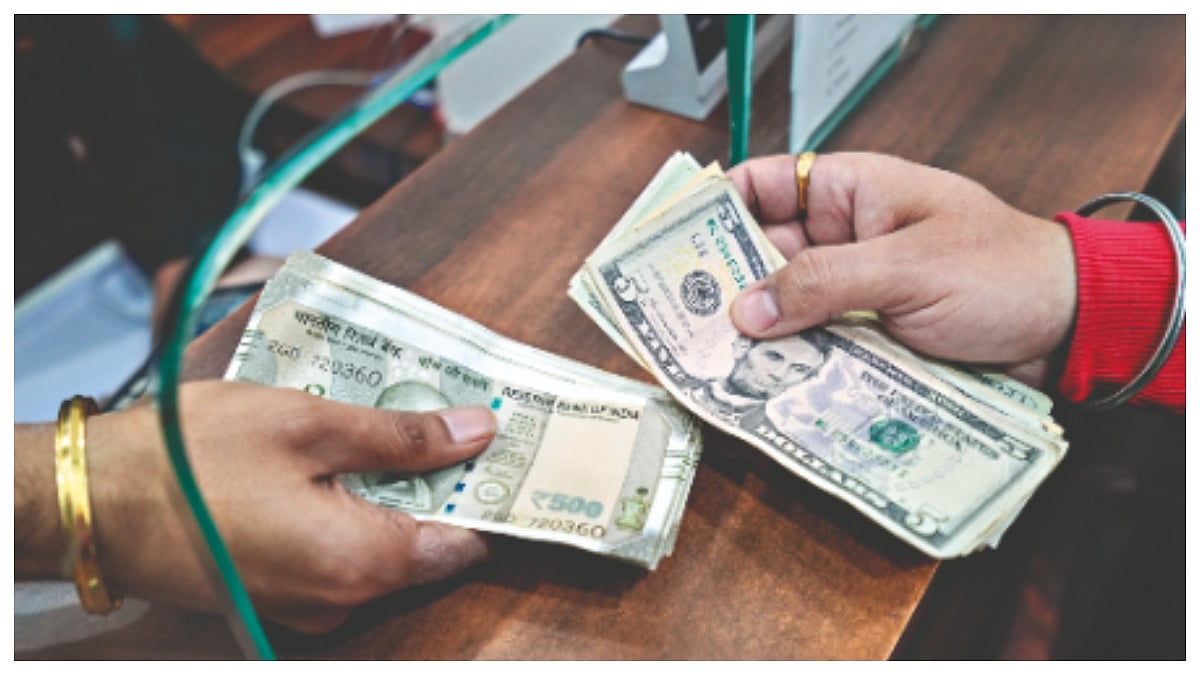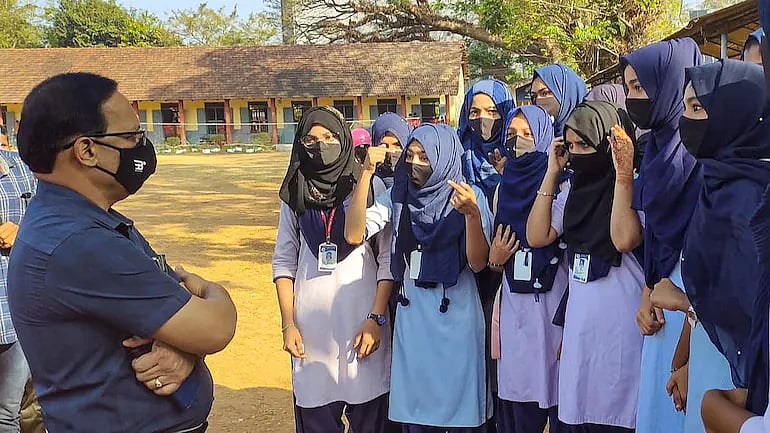The Bombay High Court on Tuesday gave three weeks’ time to the Maharashtra government and the political parties - Shiv Sena, Congress and NCP - to file their replies to a public interest litigation by former police commissioner Julio Ribeiro and three others challenging the one-day bandh on October 11, 2021, sponsored by the Maharashtra government.
The bandh that was called to express solidarity with the farmers’ protest and the Lakhimpur incident, had caused a loss of Rs 3,000 crore to the public exchequer, claimed the PIL.
A division bench of Chief Justice Dipankar Datta ad Justice MS Karnik, while asking the political parties to file their replies to the PIL, if they wish to, said that failing which the court will proceed to hear the PIL without their replies.
“Other respondents (political parties) can file affidavit in 3 weeks if they wish to. If not then we shall proceed to hear the matter without their replies,” said the judges noted in the order.
Government pleader Jyoti Chavan sought three weeks’ time to file their affidavit. “We need time to file affidavit. We have collected details from Mumbai regarding FIRs filed that day. We need time to collect details from rest of the Maharashtra,” said Chavan.
The court was informed that one of the petitioners’, Gerson Da Cunha, passed away on January 7. The HC has asked the petitioner to take necessary steps to amend the PIL by deleting his name.
The court has also asked the petitioners to file their rejoinder (additional affidavits) thereafter.
During the earlier hearing, the court had wondered aloud whether its directions asking political parties to refrain from calling ‘bandhs’ would have any effect on them. “This requires a change of mindset. We wonder whether directions from the court to political parties to refrain from calling bandhs would have any effect on them,” the chief justice had remarked.
Seeking that the HC declare the bandh (strike) as unconstitutional and illegal, the PIL prays that the political parties – Shiv Sena, Congress and NCP – be directed to pay compensation to the affected citizens.
Calling this bandh “unique and unprecedented”, the PIL states that it was called by the parties of the ruling coalition. In the past a bandh is usually called for and enforced by a political party or a group which is in the opposition.
This was done despite knowing that the Supreme Court had held such bandhs “unconstitutional and hence illegal”.
The HC has kept the PIL for hearing after five weeks.






.png)



